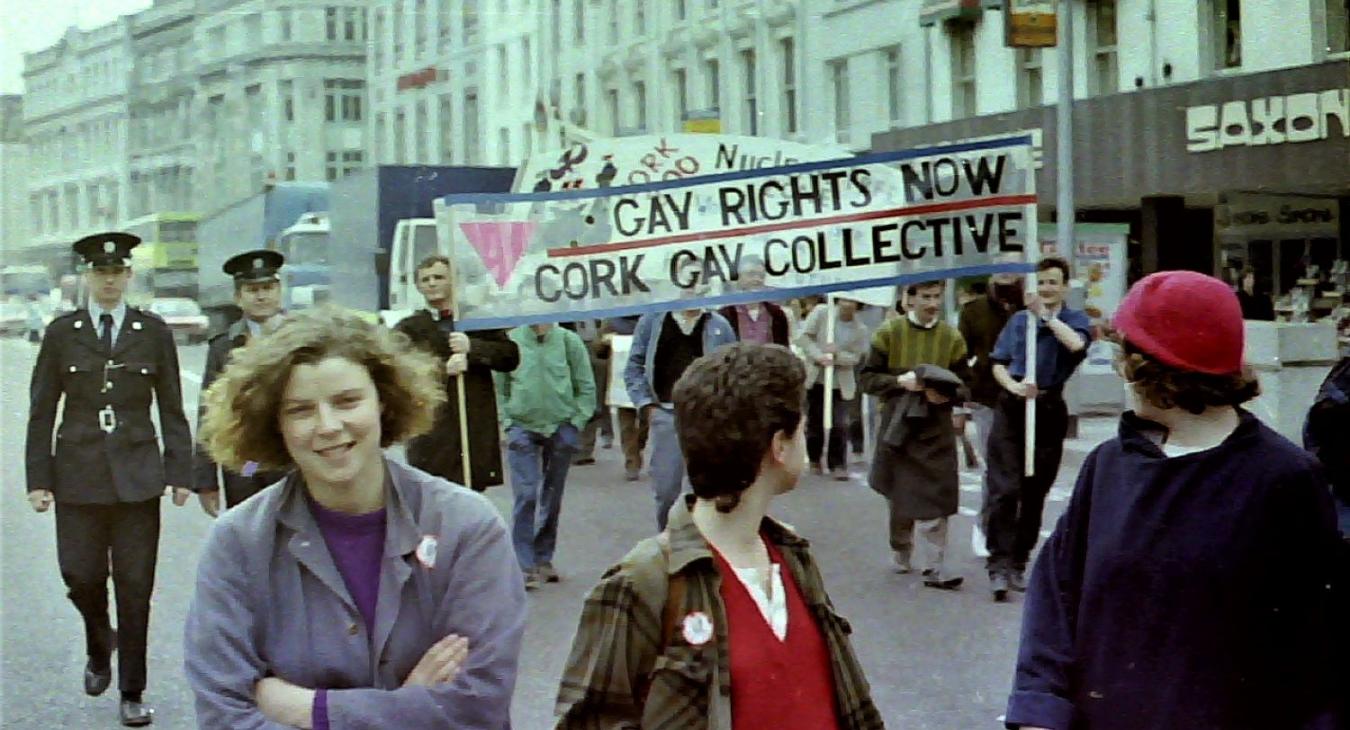As Pride Season is upon us, we invited long-time LGBT activist Kieran Rose to reflect on the trade union movement’s involvement in the early days of LGBT rights in Ireland - a history of which we are all proud. The fight for LGBT rights is not over and indeed is facing a backlash from some seeking to cause division and hate. We restate our commitment to equality for all and wish everyone a Happy & Safe Pride.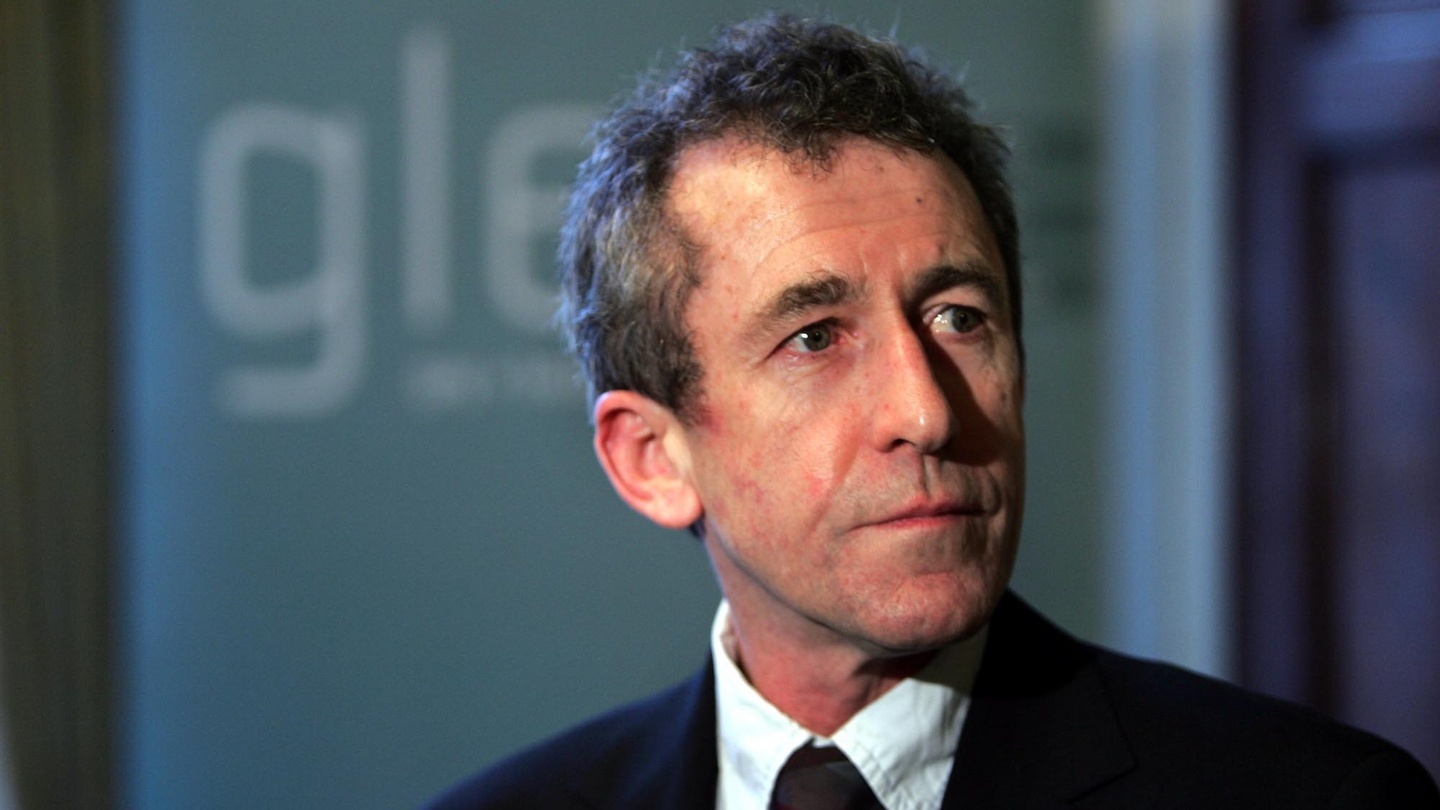
The trade union movement was fundamentally important in progress for LGBT people from the early 1980s when we had few supporters but many powerful enemies. This history is largely unrecognised and unwritten. The trade union movement played a crucial role in all the key milestones of LGBT progress: gay law reform on the basis of equality and inclusion of sexual orientation in the Unfair Dismissals Act in 1993, equality legislation in the late 1990s, Civil Partnership in 2010, marriage equality in 2015, as well as progress for Transgender people.
In 1982 I put a Motion to the AGM of the Cork Branch of the LGPSU calling for gay law reform and broad equality legislation, it was passed overwhelmingly and subsequently by the annual conference of the Union. This got widespread publicity in the media including the Cork Examiner which quoted one delegate opposing the Motion as saying: ‘If Cork have problems with homosexuality then let them go away and solve them quietly without publicity’. Tom Bogue President of the Union spoke strongly in favour of the Motion, Tom and myself were colleagues in Cork County Council. Later in 1982, ICTU passed a similar motion at it's annual conference in Belfast. 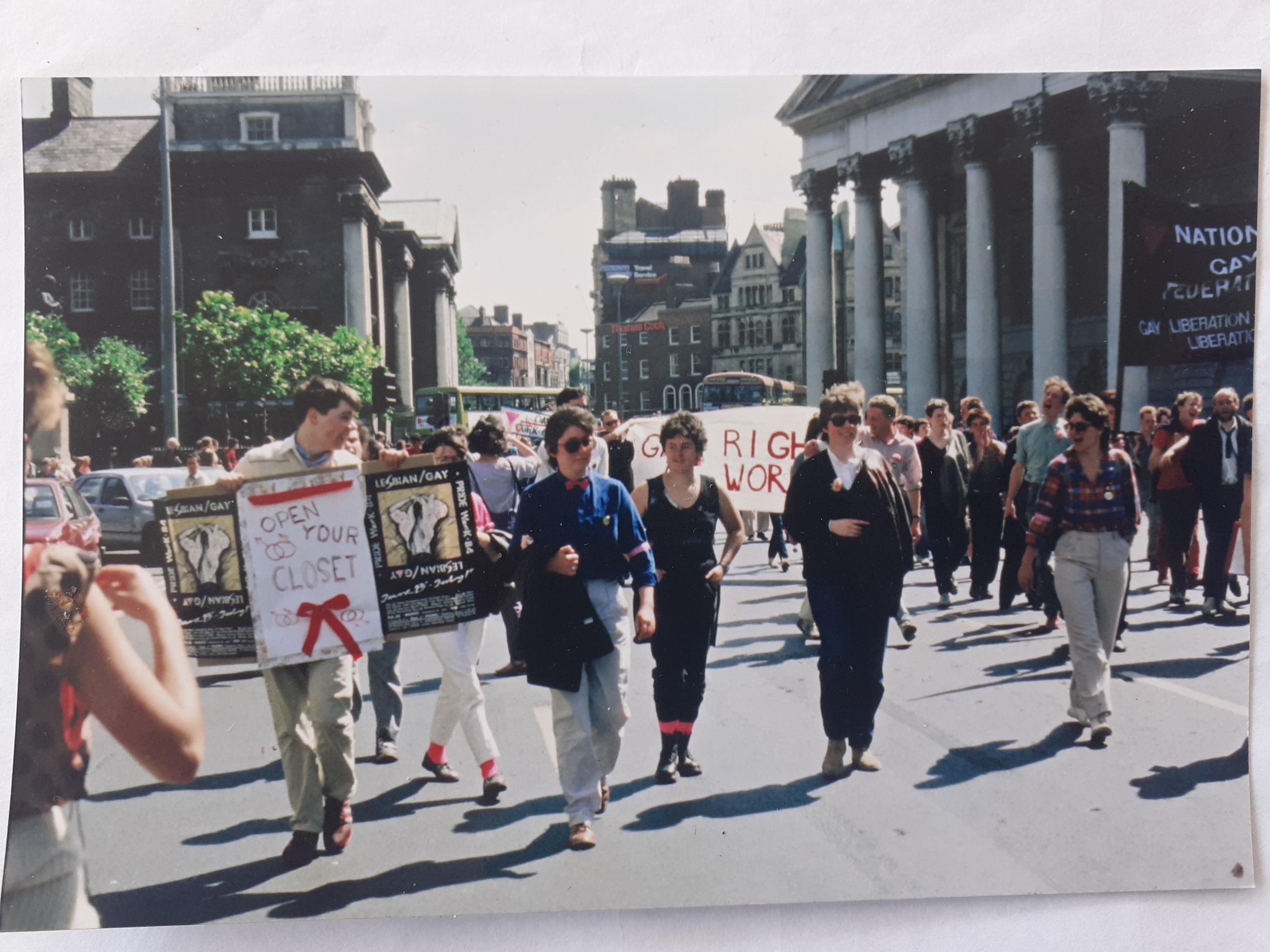
The First National Gay Conference was held in Connolly Hall Cork in 1981 and it included a workshop on trade unions. The Cork Gay Collective was given the role of coordinating work with the trade union movement, and we set up Lesbian and Gay Rights at Work, an informal network of LGBT trade union activists and supporters. We lobbied the annual conference of ICTU which was held in the City Hall Cork in 1981. We took our Gay Rights at Work banner on many Gay Pride Parades and May Day Parades. We liaised closely with trade union leaders including Phil Flynn and Kevin O’Driscoll of LGPSU and John Mitchell of IDATU to get action on the 1982 ICTU Motion.
Following advocacy within ICTU by Unions such as LGPSU and IDATU and others, ICTU set up a working group to prepare a policy document, ‘Lesbian and Gay Rights in the Workplace: Guidelines for Negotiators’. Myself and key activist Christopher Robson from UPTCS were on the working group and it was chaired by Patricia O’Donovan. This radical and uncompromising policy calling for equality for LGBT people was published in 1987 and was a fundamental breakthrough for LGBT people. 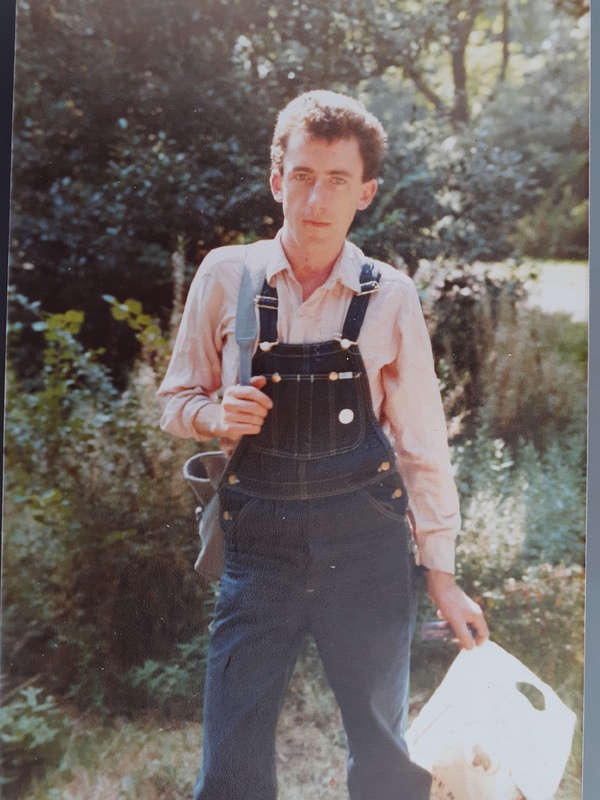
The 1987 ICTU policy stated very clearly and simply:
‘Trade Union policy on lesbian and gay rights is an integral part of overall Trade Union policy to fight discrimination and protect workers rights’
ICTU was the first major national organisation to come out unequivocally in favour of equality for LGBT people and it had powerful impacts. The ICTU policy opened the door to great advances beginning with the trade union negotiated HIV/AIDS policy for the public sector in June 1988 which stated that: ‘Discrimination on the basis of sexual orientation or medical condition (e.g. haemophilia) will not be tolerated in the Civil Service’. Christopher Robson was on the trade union negotiating group. A powerful statement against discrimination, and very ironic given that the government was still defending the anti-gay laws at the European Court of Human Rights.
The ICTU Guidelines fed into the ground-breaking 1990 Irish Council for Civil Liberties policy ‘Equality Now for Lesbians and Gay Men’. They also laid the basis for the Labour Party Equal Status Bill of 1990 which included sexual orientation and provided the model for the equality legislation we have today. The Guidelines were quoted frequently in Dail and Seanad debates such as on the Prohibition of Incitement to Hatred Bill of 1988 which eventually included sexual orientation.
Since 1985 Gay Health Action (GHA) was doing vital education work on HIV/AIDS with a few Social Employment Scheme (SES) workers and volunteers. Civil servants tried to block GHA access to the SES scheme but this was stopped by the union representatives on the SES monitoring group and instead, GHA got an increase in the number of its workers. At the same time, the Department of Health was refusing any funding for GHA to carry out its safer-sex education work because gay sexuality was criminalised, undoubtedly putting gay men's lives at greater risk.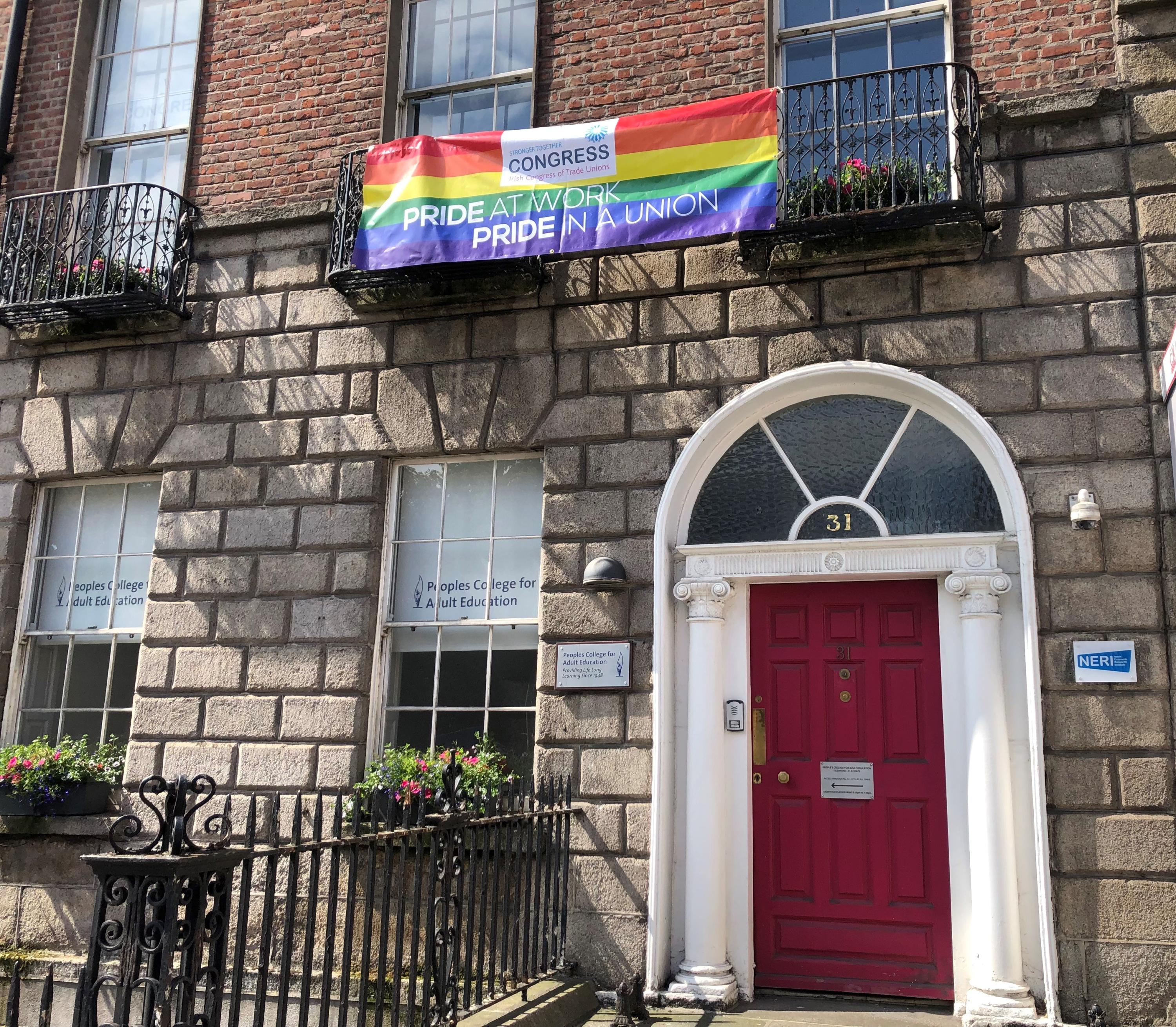
In the mid-1980s, the health board in Northern Ireland tried to dismiss all lesbian and gay workers in health and social services because of the Kincora scandal. This witch hunt or purge was resolutely opposed by trade unions such as the Northern Ireland Public Service Alliance with Laurence Plimley playing a key role, as well as Inez McCormack of NUPE. The health board were forced to back down and LGBT workers jobs were saved.
You can learn more about trade unions and the LGBTI+ community from this series of podcasts we did with the FSU to celebrate Pride in 2022. Click here
Find out more about Kieran Rose here
Author: Kieran Rose June 2024
Photographs: Cork May Day Parade 1985 Credit Kevin Doyle, 1984 Dublin Lesbian and Gay Pride Parade Credit Kieran Rose, Kieran Rose in dungarees Credit Sandra Rose.
